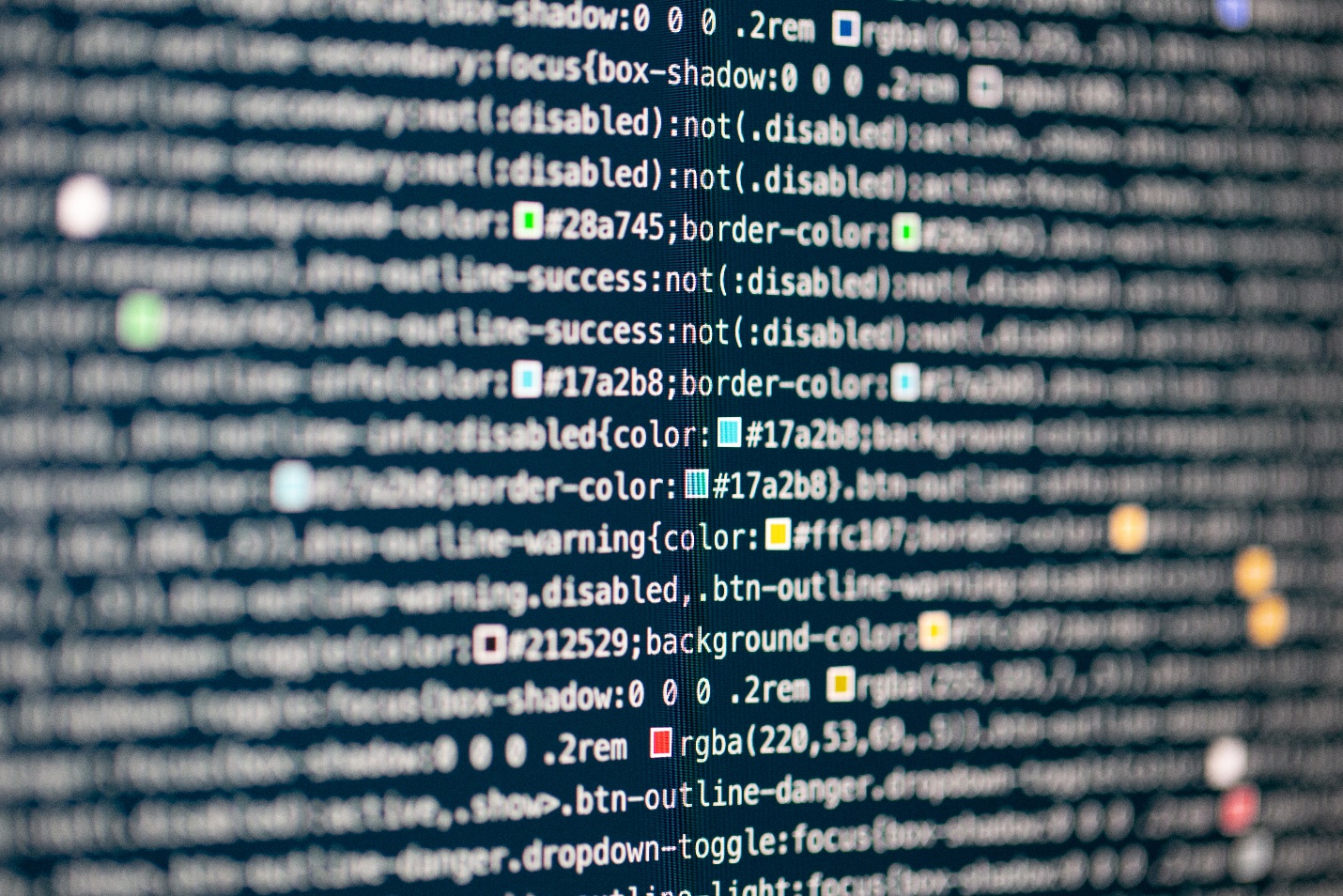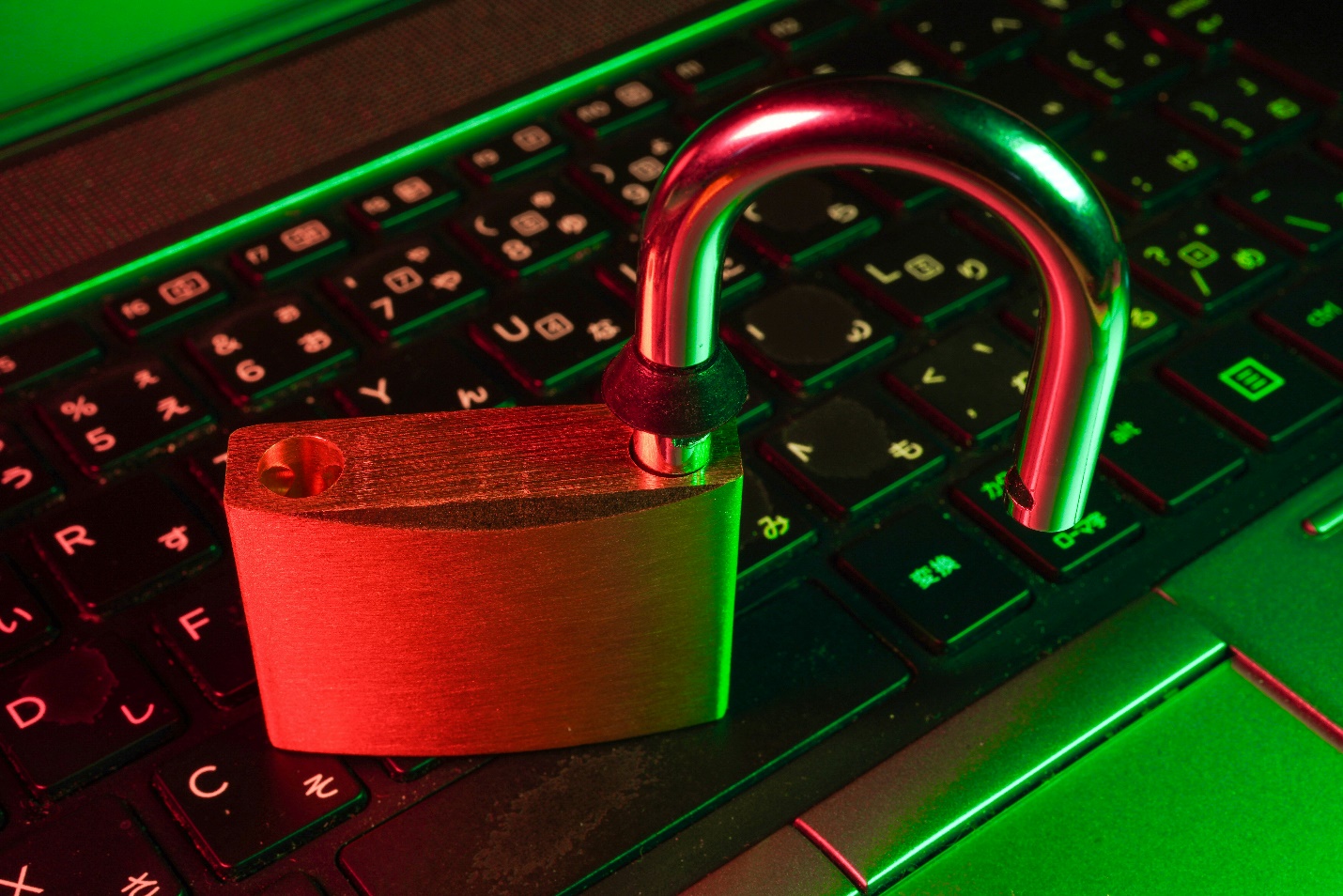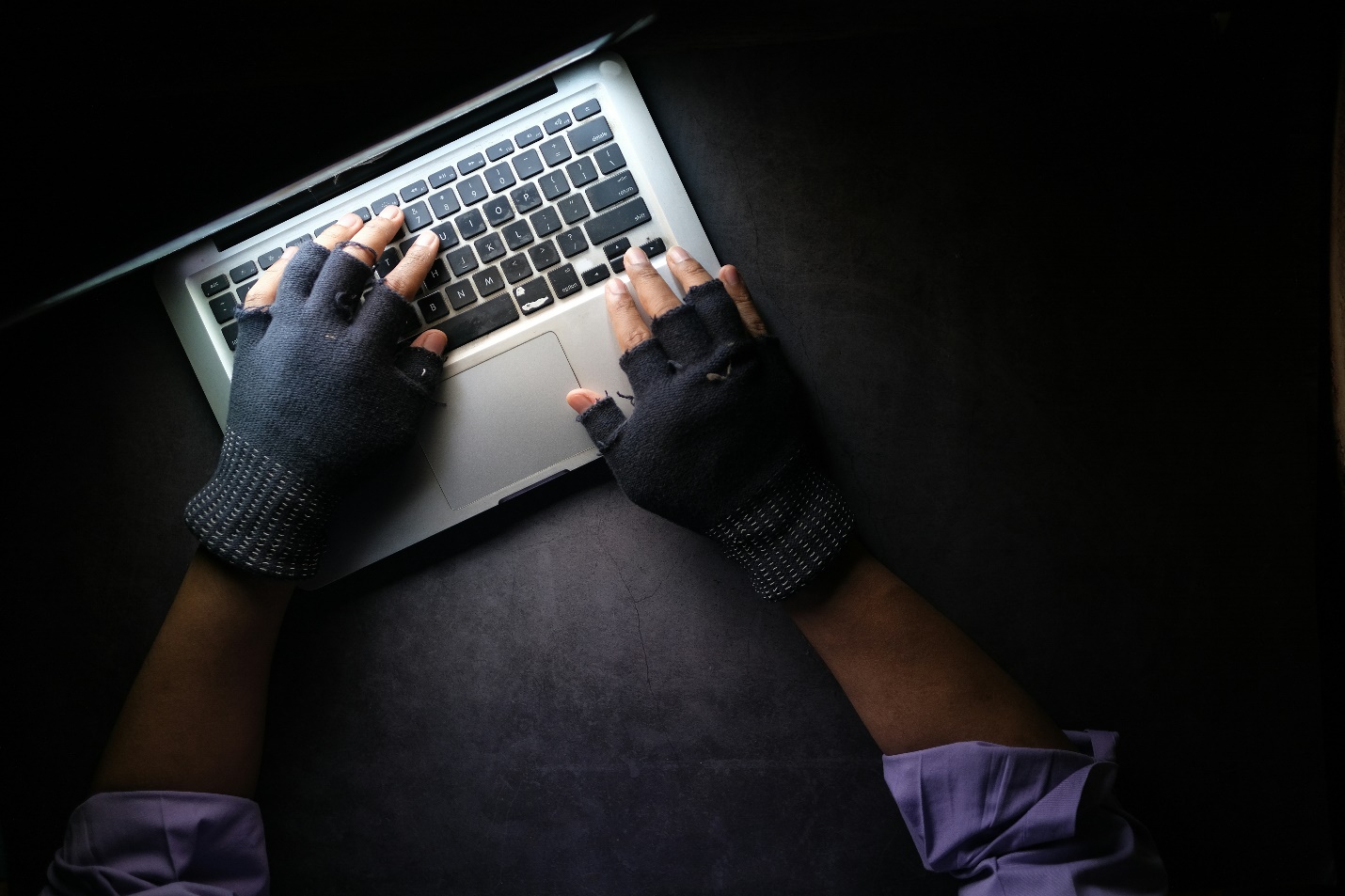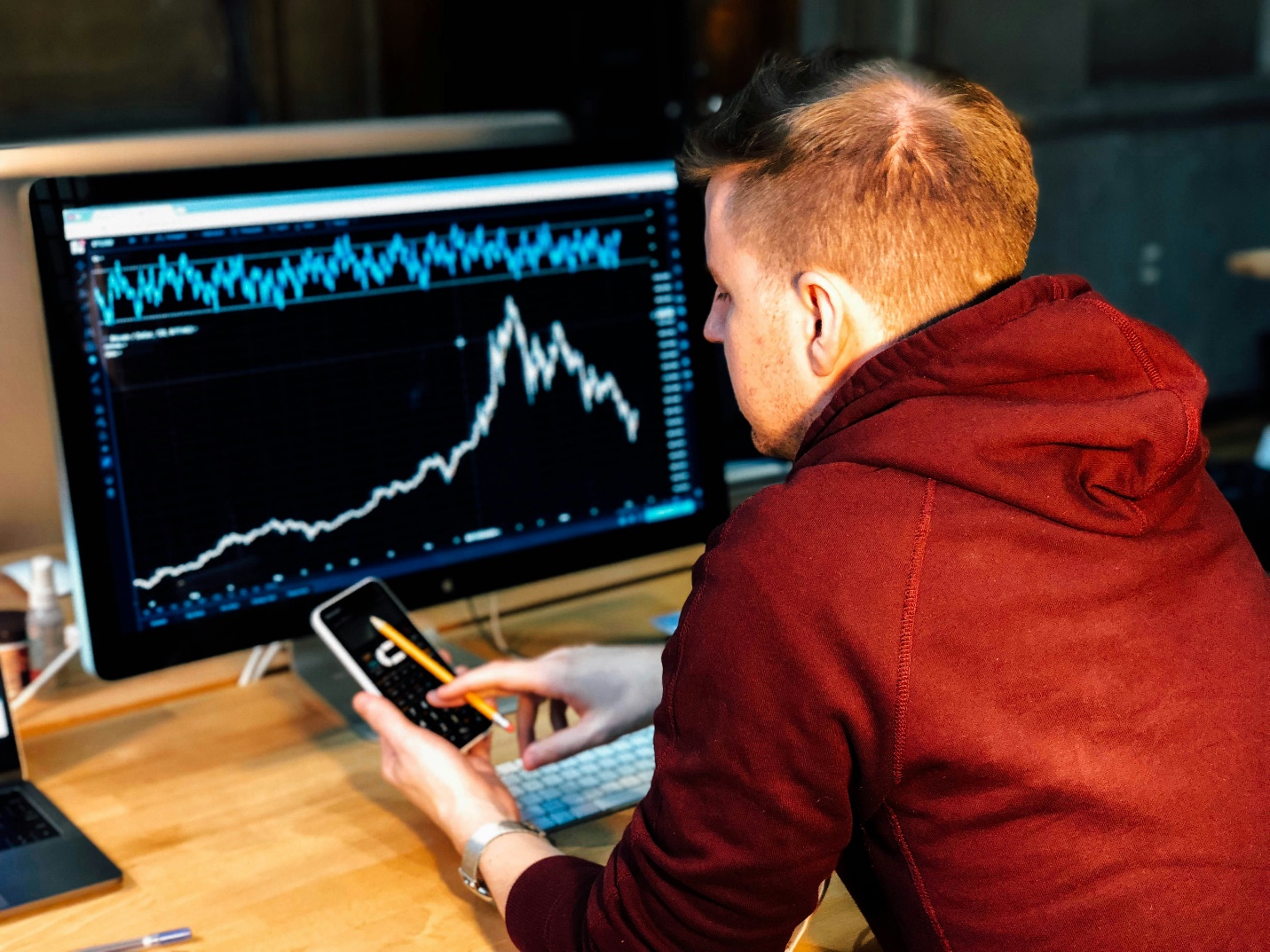Online money management is handy in today's digital environment, but it also puts you at risk from cyberattacks. Because they are resourceful, cyber criminals are always coming up with new ways to undermine your financial security. Safeguarding your bank information is essential, regardless of your age—young people in their 20s just starting out or elderly people in their 50s managing a lifetime of money. We'll look at practical methods in this blog article to protect your money from online attacks.

1. Understand the Cyber Threat Landscape
It's critical to comprehend the different kinds of cyberthreats before putting prevention measures into place. Ransomware, malware, phishing schemes, and identity theft are some of the most frequent cybersecurity threats that target your financial information.
Phishing Schemes
Often, these attacks take the shape of phony emails or texts purporting to be from respectable organizations. The intention is to fool you into divulging private information, such as your bank login passwords.
Theft of Identity
Your Social Security number is one piece of personal information that cybercriminals exploit to construct phony accounts. This might lead to fraudulent transactions or perhaps the creation of additional accounts in your name.
Attacks by Malware
Spyware, trojans, and other malware may infect your devices and take direct advantage of your financial information.
2. Use Strong, Unique Passwords
Creating secure, one-of-a-kind passwords is one of the easiest yet most effective ways to safeguard your bank accounts. Don't use information that can be guessed, such as birthdays or everyday terms. Think about the following tactics:
Best Practices for Passwords
• Length and intricacy: Try to include a minimum of 12 characters, a mix of characters, digits, and symbols.
• Managers of Passwords: To securely store and manage your credentials, use a reliable password manager.
3. Enable Two-Factor Authentication (2FA)
Two-Factor Authentication (2FA) enhances security by providing an extra layer. You won't be able to access your accounts without a second form of authentication, even if someone manages to get their hands on your password.
The Operation of 2FA
Generally, 2FA needs two things: your password, which you already know, and an item that you own, such as an authenticator app or a smartphone for SMS verification. By putting in place 2FA, the likelihood of unwanted access can be significantly decreased.
4. Keep Your Software and Devices Updated
Updating software on a regular basis is essential for preventing vulnerabilities that hackers take advantage of. It's important to regularly upgrade software and operating systems to the most recent versions.
The Value of Updates
Numerous updates come with fixes for security flaws that might expose your data to online dangers if they are not fixed.
5. Be Wary of Public Wi-Fi and Unknown Networks
Using public Wi-Fi networks puts your financial information at risk of being intercepted. If it is necessary for you to access financial data on a public network, encrypt your internet connection using a Virtual Private Network (VPN).
Guidelines for Wi-Fi Safety
- Always confirm that the network you are connected to is the right one.
- Refrain from using public networks to conduct private transactions, such as online banking, without a VPN.

6. Regularly Monitor Your Accounts
Check your credit card and bank statements periodically to be sure there haven't been any fraudulent purchases. Damage can be minimized by responding to questionable activities right away.
Resources for Financial Monitoring
• Automated notifications: Create notifications in case of significant transactions.
• Credit monitoring services: These services can assist in identifying anomalous activity and provide notifications on possible identity theft.

Conclusion
It takes a proactive and knowledgeable strategy to safeguard your funds against cyber attacks. Your financial security may be greatly increased by being aware of the dangers, using strong passwords, turning on two-factor authentication, updating software, exercising caution while using public networks, and routinely checking your accounts. By implementing these recommended steps and keeping up with hackers, you can safeguard your financial future now. Recall that protecting your peace of mind in addition to your cash requires you to make significant efforts in cybersecurity.

Best Retirement Funds for Long-Term Growth

How to Pick the Finest Financial Advisor for Your Requirements

Financial Literacy for Gen Z: Essential Skills for Navigating Adulting

Best Investment Strategies for Retirement Accounts

Paying-Off High-Interest Debt

Advantages of Investing in Municipal Bonds

Creating Passive Income Streams: Financial Freedom Through Smart Investments
